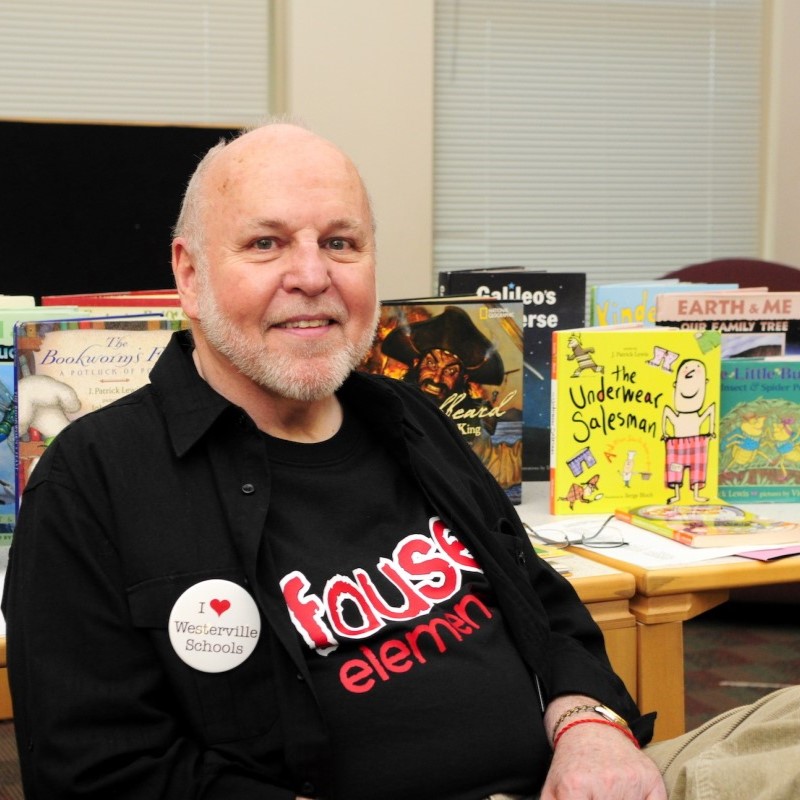So many places have fabulous names,
Like Fried, North Dakota,
The Court of St. James,
Siberia, Nigeria, Elyria, Peru
The White Nile, Black Sea,
And Kalamazoo!
The Great Wall of China, South Pole and Loch Ness,
And 104 Fairview—that's my address!
Thousands of spaces are places to be—
Discover the World of GE-OG-RA-PHY!
Travel by boat or by car or by plane
To visit East Africa, Singapore, Spain.
Go by yourself or invite a good friend,
But traveling by poem is what I recommend.
Published:
2002
Length:
Shorty
Literary Movements:
Children's
Anthology Years:
2023
Themes:
Ars Poetica
Poems of Place
Literary Devices:
Interrupted Clause
a word group (a statement, question, or exclamation) that interrupts the flow of a sentence and is usually set off by commas, dashes, or parentheses
Litany
Initially a prayer or supplication used in formal and religious processions, the litany has been more recently adopted as a poetic form that catalogues a series. This form typically includes repetitious phrases or movements, sometimes mimicking call-and-response.
Rhyme
correspondence of sound between words or the endings of words, especially when these are used at the ends of lines of poetry

